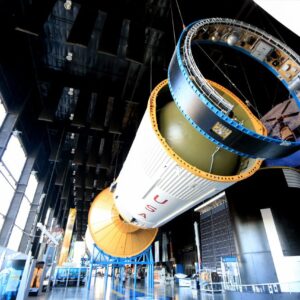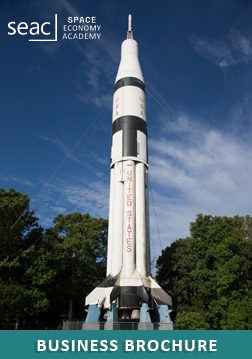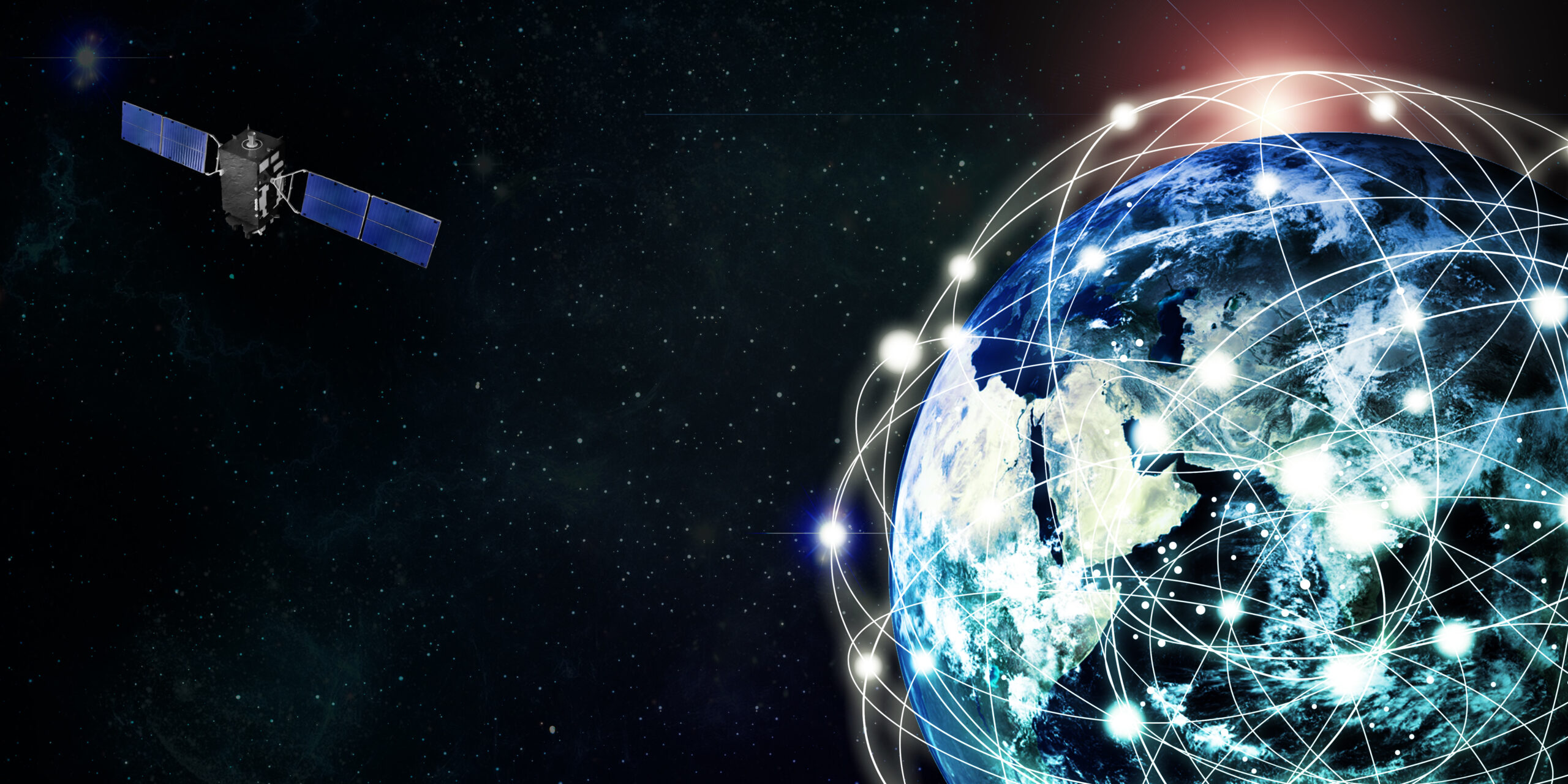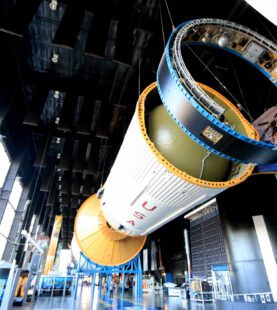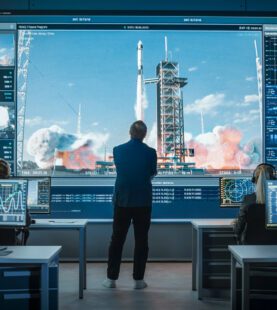AI in Space
- Space
- 35 (Registered)
Course Description
Artificial Intelligence stands as a pivotal force in propelling space exploration, demonstrating an impressive annual growth rate of 50%. By 2022, the space industry had generated over $366 billion, with AI-driven advancements contributing significantly to this figure.
Careers spanned from AI algorithm developers for autonomous spacecraft navigation (with an average salary of $120,000 annually) to data analysts interpreting satellite-generated data for climate studies and resource exploration.
It serves as an intellectual cornerstone, optimizing satellite functionality, enabling autonomous spacecraft navigation, and facilitating complex operations in extraterrestrial environments. Industry giants like SpaceX rely on AI for satellite constellation management, while NASA’s Mars rovers leverage AI-driven capabilities for terrain analysis.
This surge in AI not only fosters scientific curiosity but also generates a surge in job opportunities within space-related sectors. Our AI in Space course delves into this burgeoning field, elucidating how AI enhances satellite missions.
Learning Objectives
The ‘AI in Space’ program intricately explores the symbiotic relationship between artificial intelligence and space exploration. Encompassing a multifaceted curriculum, it delves into optimizing satellite operations, enabling autonomous spacecraft navigation, and deploying AI-driven robotics in extraterrestrial environments.
Participants dissect sophisticated machine learning algorithms for deep space analysis and their pivotal role in interstellar communication. The program emphasizes ethical considerations in AI application. Graduates emerge adept at applying AI solutions in practical space scenarios, positioned at the forefront of cosmic exploration.
Career Facts
Over 80% of space-related data was processed using AI algorithms. For example, NASA’s Earth Observing System Data and Information System (EOSDIS) utilized AI to analyze satellite data, aiding in climate studies and disaster management. Companies like Blue Origin and Lockheed Martin allocated over $1 billion each in AI research for space exploration and satellite technology enhancements.
Over 50% of space industry employers sought professionals skilled in both AI and space technology. For instance, SpaceX employed nearly 100 AI experts by 2022.
Online & Flexible
Students may register at any time for our space courses. All the course content is available as soon as the course opens. Moreover, you will study online with practical learning, projects, and quizzes with our powerful e-learning platform. All programs are totally flexible, and you can work at your own pace and convenience to get your certificate.
Our Professors, and support team are available to make sure that your journey to attaining our Space courses is seamless.
Benefits of the AI in Space course:
- Certificate of completion by SEAC – Space Economy Academy
- Support 24/7
- Enroll Anytime course
- Free lifetime updates
- Documentation Free to download
- Learn from experienced leaders from the Space Industry
- Possibility to request a one-to-one mentoring
Lecturer
Jan-Peter has worked on many AI space projects in the past. From analysing satellite TM to generating satellite designs – he has built AI systems in many steps among a satellite’s lifetime. Now he is conducting research to answer the question, how to use AI effectively to support human experts in the early phases of a satellite design. His research project “AI for Concurrent Engineering” (AI4CE) at the Technical University of Darmstadt is supported by Parametry.ai and ESA. Additionally, he is providing AI-powered space mission support services at Parametry.ai.

